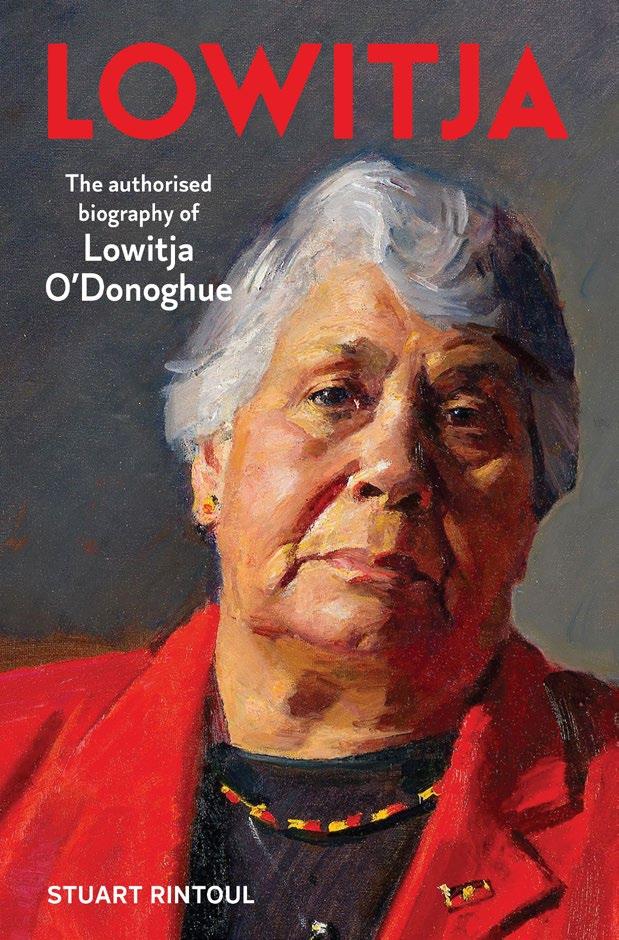A voice for Veterans in aged care: Protecting your rights and getting the service you deserve There’s no doubt the aged care sector needs major reform. Aged care has been dominating the headlines, with the COVID-19 pandemic highlighting existing issues and creating some new ones. It’s unacceptable and exceedingly difficult for those who are suffering, have loved ones who have suffered and for those who have lost loved ones. While the 2020-21 Budget provided a small amount of additional government investment for key areas such as more home care packages, building the workforce, additional dementia services and training programs and helping young people in aged care, there is much more to be done. As aged care advocates we are eagerly anticipating the government response to the release of the Aged Care Royal Commission’s final report expected shortly. We hope that we will see real change to the aged care system to make it one which meets the needs and legitimate expectations of older Australians and their families. But I expect all of this is cold comfort for those currently in positions where they are experiencing neglect or abuse or are simply not getting the support they want to maintain their independence and to live the life they want. That’s where advocacy can help. Whether you are receiving support at home or in an aged care home, advocacy services are available right now to help Veterans make sure their rights are upheld. Advocacy is not something we talk about often and not everyone
understands what advocacy really means. On a practical level, an advocate is someone who works alongside you to give you a voice and help you navigate and resolve a range of issues impacting your rights in aged care. This can range from concerns or problems with the organisation who is providing your care to issues with other services or decision-makers. For example, throughout the COVID-19 pandemic we have seen some unnecessary visitor restrictions imposed by aged care facilities that have encroached on the rights of aged care residents. We understand that this has been done from a place of well-meaning for the safety of residents, but while safety is important, it is also your right to make choices about your care, individual preferences and social life, including where those choices involve personal risk. Social contact and activity are vitally important for maintaining both mental and physical wellbeing, and advocates have been able to facilitate discussions with services to consider alternative and better options for visitors, which were allowable within the Health Directions at the time. Working with an advocate can also help you navigate difficult government systems and sometimes find alternative solutions. It’s what they do, and chances are they have dealt with the issue before. Take the example of John. John had a home care package which allowed a support worker to visit his home once a week to help with some domestic tasks but following some health issues
How do I contact an advocate? The Australian Government has funded the Older Persons Advocacy Network (OPAN) to deliver a national network of aged care advocates to support older people and their families. OPAN delivers these services through nine service delivery organisations across Australia. Phone OPAN on 1800 700 600 to be connected with an advocate in your state or territory. needed to increase these visits. In what is an all too common story, John had been approved for a higher-level home care package but was on the waitlist for the funding to be assigned. In the meantime, advocates were able to find John an alternative funding program for the additional services and apply for a partial waiver of fees. There are many examples where an advocate can just give you that extra support or inside knowledge to help you raise an issue or find a solution.
GEOFF ROWE Geoff Rowe is the CEO for Aged and Disability Advocacy Australia, the Queensland aged care advocacy provider. Geoff’s career in the human services sector spans more than 30 years, including fifteen years in senior and executive positions in the Queensland Government, and over 20 years in the not-for-profit sector. Geoff is an OPAN representative on the National Aged Care Alliance (NACA) and has a strong interest in social justice, human rights and inclusion.
Aged Care Advocacy • • •
Assist you to explore care options and access new or additional government funded services Support you to express your views to work through care related issues with your service provider Free, confidential and independent
Freecall: 1800 700 600 www.adaaustralia.com.au 92 THE LAST POST – 2021 SUMMER EDITION












